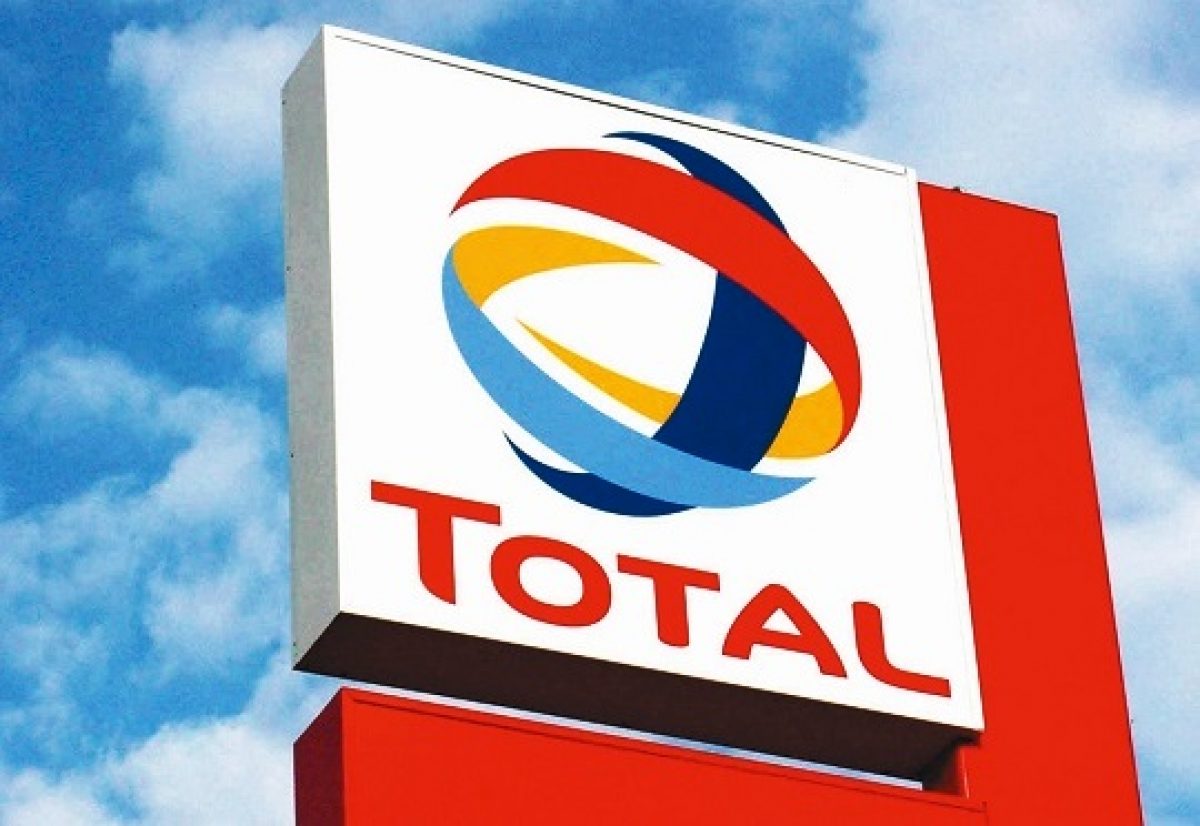Total Nigeria is following an alternative route of cost cutting to build profit in the face of a sustaining drop in turnover. And it is cutting as much costs as it can with virtually every key expense line down in the first quarter.
The oil marketing company is losing sales revenue for the third year running after sales revenue plunged by 30 percent in 2020 to the lowest figure for the company since 2012. Sales revenue again went down by 5 percent year-on-year to about N67 billion in the first quarter of the 2021 financial year.
Cost cutting has been the management’s profit defensive strategy to compensate for dropping sales revenue since last year. Against the huge revenue loss in 2020, the company was able to defend profit through significant cost reductions. This has given it the highest net profit margin in many years.
As happened last year, Total isn’t letting profit to go down with turnover this year. Heavy cost slashing has been on since the final quarter of last year, which sustained into the first quarter of the 2021 operations.
Advertisement
The result is a big improvement in the ability to convert revenue into profit. Net profit margin is up at 4.5 percent in the first quarter from negative in the same period last year.
This is the company’s strategy to save profit in the face of a continuing drop in revenue and it is working for it so far. Against a drop in sales revenue in the first quarter, the company made a big turnaround from a loss of N163 million in the same period last year to a profit of almost N3 billion at the end of the first quarter.
This is the gain from cost cutting from cost of sales to finance expenses, which more than compensated for the loss of revenue. Except administrative expenses that failed to drop, cost cutting was applied all the way from input expenses to finance cost.
Advertisement
Input cost dropped ahead of sales, which enabled the company to extract a strong growth in gross profit from the drop in sales.
The company’s main source of revenue is petroleum products – which accounts exclusively for the drop in sales revenue in the first quarter. Revenue from petroleum products sales dropped by 11 percent year-on-year to about N51 billion.
Sale of lubricants is the secondary source of earnings for the company, which grew by 23 percent to N16 billion and moderated the revenue drop from petroleum products to an overall decline of 5 percent or N3.5 billion.
The company more than countered the decline in sales with a more rapid drop in cost of sales. At N55 billion at the end of the first quarter, cost of sales went down by close to 12 percent – more than twice as fast as the drop in sales revenue over the period.
Advertisement
The company therefore reduced the cost per unit of sales, amounting to a reduction of over N7 billion, which is twice the drop of N3.5 billion in turnover. The proportion of sales revenue devoted to input expenses declined from 89 percent to less than 83 percent over the period.
The drop in input cost powered gross profit, which rose by over 48 percent to close at N11.5 billion for the first quarter. Other favourable developments in costs and incomes reinforced the strong growth in gross profit.
These include other income that grew by 77.5 percent to N870 million and selling and distribution cost that dropped by 24 percent to N864 million. Also, other expenses dropped to zero from over N50 million in the same period last year. Impairment loss on trade receivables also went down by 62 percent to N26 million.
The only exception to the downward move in costs is administrative cost, which grew by 15 percent to almost N7 billion over the review period. Overall, the company achieved a general cost reduction that lifted operating profit nearly five times year-on-year to N4.5 billion at the end of March 2021.
Advertisement
A major drop in finance expenses strengthened further the elevated performance the company put up in the first quarter. Finance expenses dropped by over 84 percent year-on-year to N177 million in the first quarter.
Net finance costs dropped from over N1 billion to N140 million over the review period. The drop in finance expenses is despite an increase in the company’s borrowings from N32.6 billion at the end of 2020 to N34.8 billion at the end of March 2021.
Advertisement
The company has retained the ability to bend costs lower than the continuing drop in revenue. This has provided the strength for profit enhancement for Total Nigeria.
The company closed the first quarter trading with an after tax profit of about N3 billion, which is a big turnaround from a loss of N163 million in the first quarter of last year. This is already ahead of the closing profit figure of N2.1 billion the company posted at the end of the 2020 financial year.
Advertisement
Add a comment







